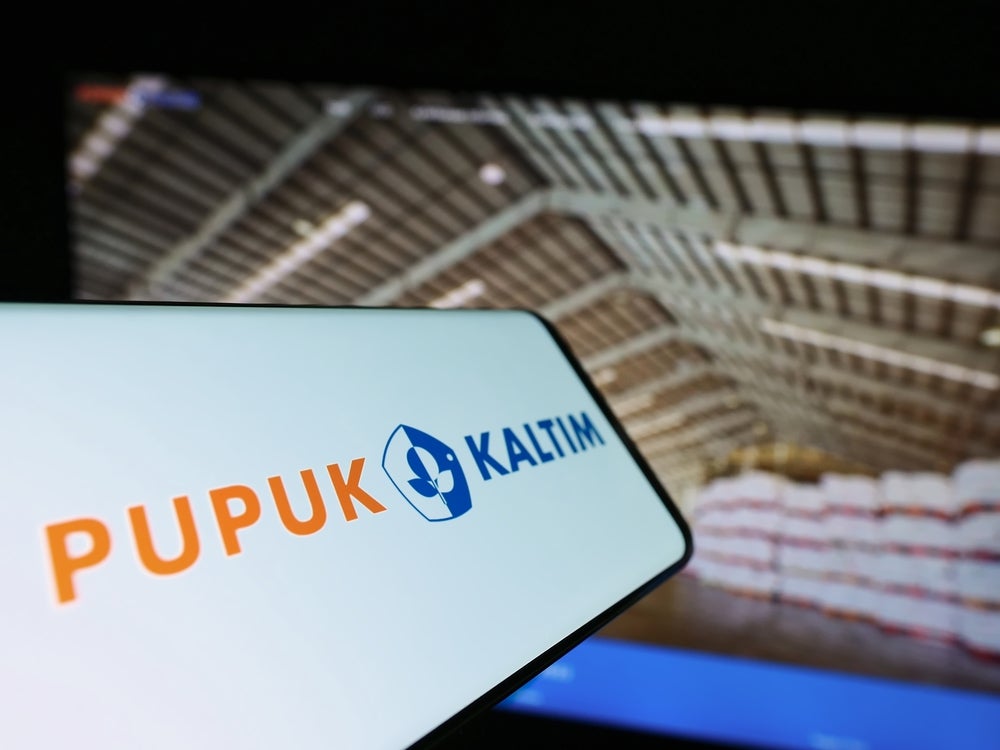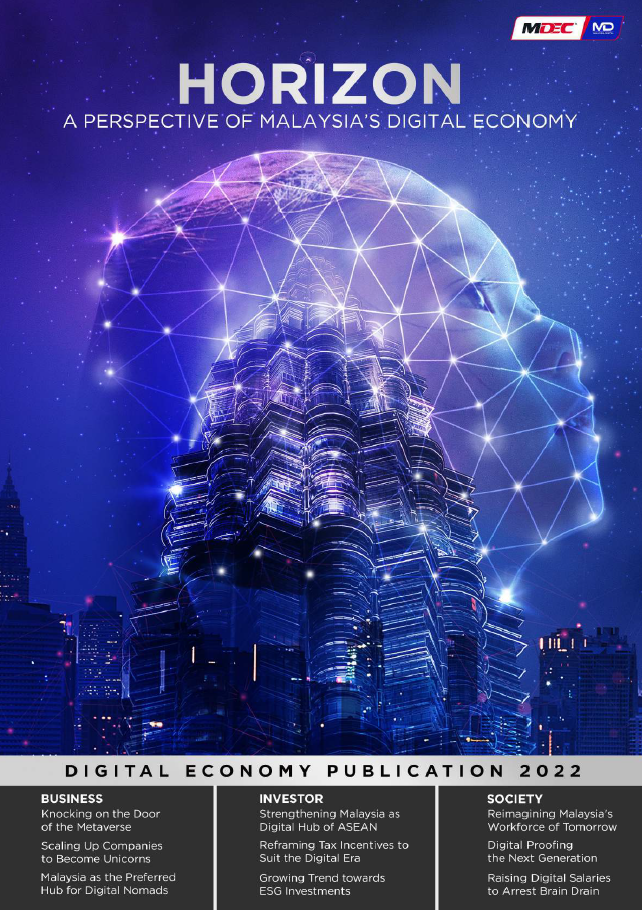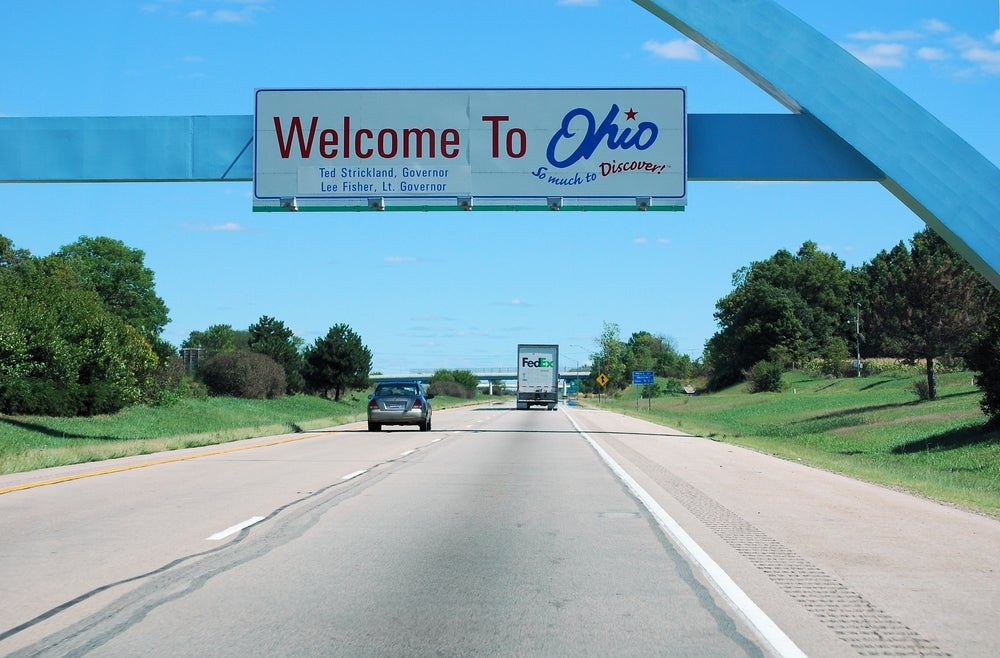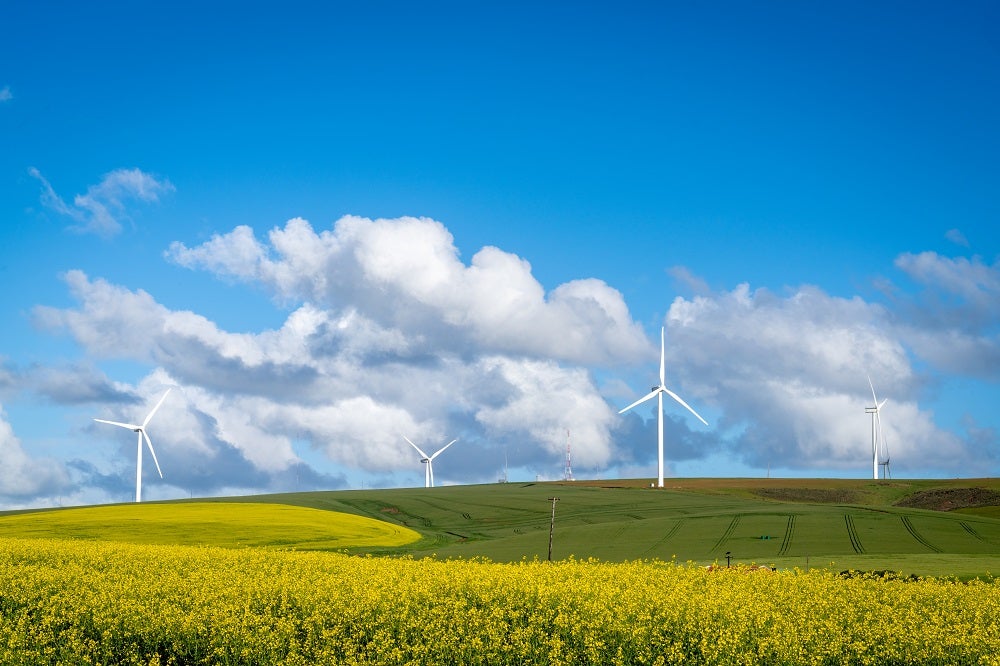
Four Danish companies – Topsoe, Alfa Laval, Copenhagen Atomics and Aalborg CSP – have entered into a memorandum of understanding with ammonia producer Pupuk Kaltim and Pertamina NRE (both of which are owned by the Indonesian state) to build a facility that will produce one million tonnes of ultra-low-emission ammonia per year.
The new plant, based in the city of Bontang, will create fertiliser for the production of food that can feed 45 million people, approximately one-sixth of the Indonesian population. The final examinations will be completed over the next six months, as will the mapping of the legal landscape.
How well do you really know your competitors?
Access the most comprehensive Company Profiles on the market, powered by GlobalData. Save hours of research. Gain competitive edge.

Thank you!
Your download email will arrive shortly
Not ready to buy yet? Download a free sample
We are confident about the unique quality of our Company Profiles. However, we want you to make the most beneficial decision for your business, so we offer a free sample that you can download by submitting the below form
By GlobalDataThe plant will save the emission of 1.7 million tonnes of carbon dioxide per year compared with natural gas-based fertiliser production.
“The outlook of contributing to better food conditions for 45 million people in Indonesia while leaving a very limited carbon footprint is absolutely amazing,” said Nikolaj Knudsen, head of business development power at Topsoe. “This is a very promising and progressive project, and we are excited to be able to support with our world-class power-to-X competencies.”
Danish nuclear power behind Indonesia plant
The most innovative aspect of the facility is that it will be powered by nuclear power from Copenhagen Atomics, which is involved in the global race to supply small, modular nuclear reactors that are expected to become an important part of the world’s future energy supply.
The 1GW nuclear power plant will run for 50 years, with the facility expected to open in 2028. The project will be among the first featuring Copenhagen Atomics’ modular molten salt thorium reactors.
In addition to ammonia synthesis, Topsoe will supply newly developed electrolysis cell technology called SOEC, which makes the production of hydrogen significantly more efficient and cheap. Hydrogen plays a key part in the production of ammonia. Meanwhile, Alfa Laval will deliver heat exchangers to optimise the energy balance of the plant, as well as desalination to produce ultra-pure water for the electrolysis process. Last, Aalborg CSP will design and supply the thermal energy storage systems and molten salt-based steam boilers.
“We are delighted with this agreement, working together with parties who have concerns about environmental sustainability, and we hope this collaboration can support accelerate energy transition acceleration and help Indonesia to achieve net-zero emissions by 2060. We are looking forward to actualising this partnership,” said Dannif Danusaputro, CEO of Pertamina NRE.
Although the finances of the overall project have not yet been finalised, construction is expected to cost around $4bn, plus operational and maintenance fees for the plant.
During the plant’s lifetime, it will produce ammonia worth $25bn, at today’s prices. The ammonia from the plant can also be used as carbon-free marine e-fuel, something that could be of particular use to Indonesia since it is one of the major trade routes for international shipping traffic.
The facility will be extremely competitive on the market for ultra-low-emission ammonia, which is central to reducing the carbon footprint of the agriculture and shipping industries.
“The perspective is enormous,” said Thomas Jam Pedersen, chairman of the board and co-founder of Copenhagen Atomics. “Green ammonia at a low price helps reduce the world’s carbon emissions, and for our thorium reactors, that market is a huge opportunity, especially when we can offer a complete plant together with our partners.”








